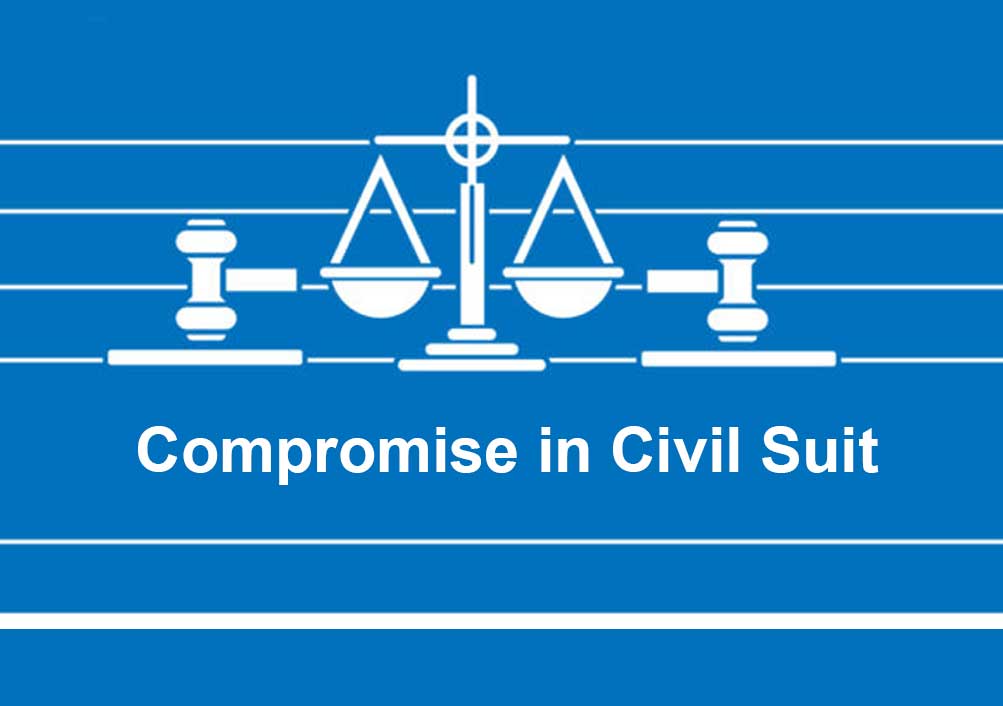Although settlement on basis of compromise between parties is not specifically covered u/s 89 of CPC, same can be considered under sub-head of ‘mediation’, says P&H HC

Read Order: Karam Singh v. Gurmail Kaur and Others
Monika Rahar
Chandigarh, February 10, 2022: The Punjab and Haryana High Court has held that although a settlement based on a compromise between the parties is not specifically referred to in the provision of Section 89 (settlement of disputes outside the Court) of CPC, the same can be considered under the sub-head of ‘Mediation’.
The Bench of Justice Sudhir Mittal also asserted that a party seeking to enforce the terms of the compromise must fully abide by the terms thereof and such party can not selectively get the terms of compromise enforced.
“It is well known that a party can not blow hot and cold in the same breath”, added the Court.
Also, contrary to the argument made in this regard, the Court categorically held that the order of the trial court which was based on the compromise deed was a “decree”.
The petitioner was the defendant/ accused in the original suit and criminal complaint case. He was aggrieved by the order passed by the Executing Court whereby his objections to the execution preferred by the first respondent was dismissed.
The first respondent filed a civil suit for possession as well as a criminal complaint under Section 420 IPC against the petitioner and the second and the third respondents. The matter was compromised by a written compromise. In terms of the compromise, the defendants/ accused were required to pay a certain amount in a time-bound manner. In case of failure to make the said payment, the plaintiff/ complainant/first respondent was to be at liberty to re-open the cases and to file a contempt petition.
The money was not paid thus, the plaintiff/complainant/first respondent preferred an execution. The petitioner filed objections thereto which was rejected with the Executing Court opining that the order of the Trial Court which was passed on the basis of the compromise was an executable decree and that the objection that execution was not maintainable had no merit.
The petitioner reiterated the objection raised before the Executing Court by submitting that the order passed on the basis of the compromise in a civil suit did not amount to a decree and could not be executed. Further, it was argued that in terms of the compromise the aggrieved party could have reopened the cases and could also have filed a contempt petition. Thus, on this ground, the counsel made a case for setting aside the impugned order.
The Court outrightly looked into the definition of “decree” as defined under Section 2(2) of the Code of Civil Procedure to state that it is a formal expression of adjudication by a court determining the rights of the parties.
Further, after a perusal of the compromise, the Court observed that the compromise was reached with the intervention of local friends and respectables and, thus, the element of mediation was present. The Court also opined that the order of the Trial Court was passed on the strength of a compromise deed and thus, the Court concluded that the order would be covered by the definition of the decree as the dispute between the parties was settled and inter se rights were decided on the basis thereof.
Further, addressing the argument of the counsel for the petitioner which was to the effect that since the lower court directed both parties to remain bound by the terms of the compromise, the first respondent could have filed for reopening of the cases and also for initiating contempt proceedings, the Court opined that this argument placed an onus upon one party to the compromise to abide by the terms thereof whereas the other party was free to flout its terms. The Court added that this was not permissible in law.
Thus, the revision petition was dismissed.
Sign up for our weekly newsletter to stay up to date on our product, events featured blog, special offer and all of the exciting things that take place here at Legitquest.




Add a Comment